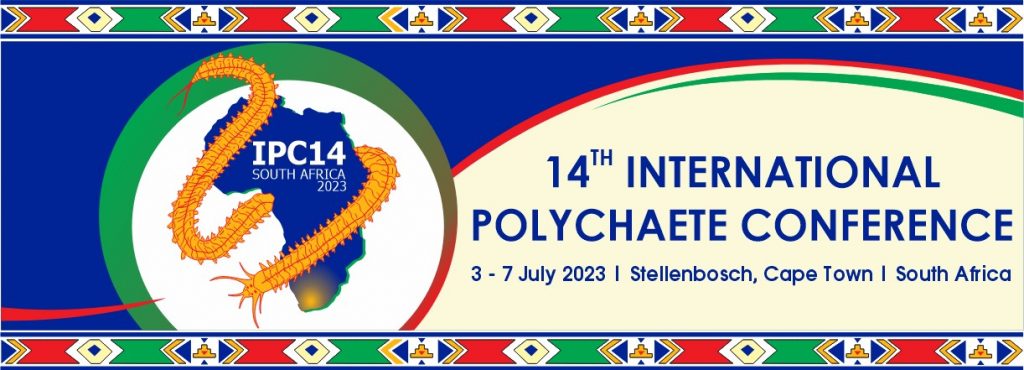
CONFIRMED KEYNOTE SPEAKERS

Emeritus Professor George M. Branch
Prof. Branch began his career with a focus on the ecology of limpets, which are more diverse and do more extraordinary things than anywhere else in the world. That passion developed into a broader exploration of rocky-shore ecology, competition, predation and other forms of interactions, and he then shifted from an observational approach to experimental field work. The impact of alien species such as the blue mussel Mytilus galloprovincialis and the crab Carcinus maenas formed part of the focus of his postgraduate students. His interests then extended to include estuarine ecology, and particularly the remarkable role that sandprawns and mudprawns play. Sandprawns are known as ‘bioturbators’ because they turn over prodigious quantities of sediment, and powerfully influence the rest of the community, from bacteria to diatoms and other invertebrates. He collaborated with Deena Pillay on these amazing animals, including a monographic review of their ecology. His research has included studies on the ecological effects of the polychaetes Arenicola and Gunnarea. From this ecological grounding, he became involved with research on marine invertebrates and algae that are of commercial importance, or are harvested as a source of food by recreational and subsistence fishers, including rock lobsters, abalone, urchins, mussels and seaweeds. This led to his involvement with the development of a new fisheries policy and the development of Marine Protected Areas.
He is now nominally ‘retired’, but is still actively involved with research and the supervision of postgraduate students.
He has been graced with several awards, including a Fellowship of the University of Cape Town, a Distinguished Teachers Award, a Fellowship of the Royal Society of South Africa, the Gold Medal of the Zoological Society of Southern Africa, the Gilchrist Gold Medal for contributions to marine science, the International Temperate Reefs Award for Lifetime Contributions to Marine Science, and an Andrew Mellon Mentoring Fellowship.
He collaborated with his wife Margo, Charles Griffiths and Lynnath Beckley to produce a new edition of the book Two Oceans in 2022, which is the only book available that allows identification of the full span of marine life, including algae, invertebrates, fish, birds, reptiles and mammals. This revision involved a complete re-write, the addition of a further 522 species, and a total make-over of the photographs, so that the book now covers 1900 species. Like his previous book Living Shores, Two Oceans was awarded the UCT book award.
Also in retirement he and Margo rewrote their old classic book ‘Living Shores’ and published the revision in 2018, synthesising all the exciting marine science that has taken place since the original book appeared in 1981.
 Sara Lindsay, Ph.D – Professor of Marine Sciences at the University of Maine
Sara Lindsay, Ph.D – Professor of Marine Sciences at the University of Maine
Sara Lindsay studies the sensory biology and ecology of marine invertebrates. She is especially interested in chemoreception, tissue regeneration, bioturbation and understanding how polychaetes and other infauna make a living in the mud and sand at the bottom of the ocean. Her research interests span marine invertebrate community ecology, behavior, physiology, sensory biology and cell & molecular biology.
 Dr Izwandy Idris – Senior Lecturer and Head, South China Sea Repository and Reference Centre, Institute of Oceanography and Environment, Universiti Malaysia Terengganu
Dr Izwandy Idris – Senior Lecturer and Head, South China Sea Repository and Reference Centre, Institute of Oceanography and Environment, Universiti Malaysia Terengganu
Dr Idris’s research interests are the systematics (taxonomy), ecology and biology of marineinvertebrate in particular marine worm (Annelida: Polychaeta) and soft corals (Anthozoa:Octocorallia). His academic training covered various marine organisms and topics, including diversity, distribution and reproduction. He has an excellent research network with systematisists and curators from various countries and have visited several natural history institutions. The overarching objectives are to systematically catalogue the marine invertebrate diversity in Malaysia, and to apply the knowledge on the ecological and biologicalrequirements of the species for the betterment of Malaysian through economic empowerment, health and environment in a sustainable manner.


